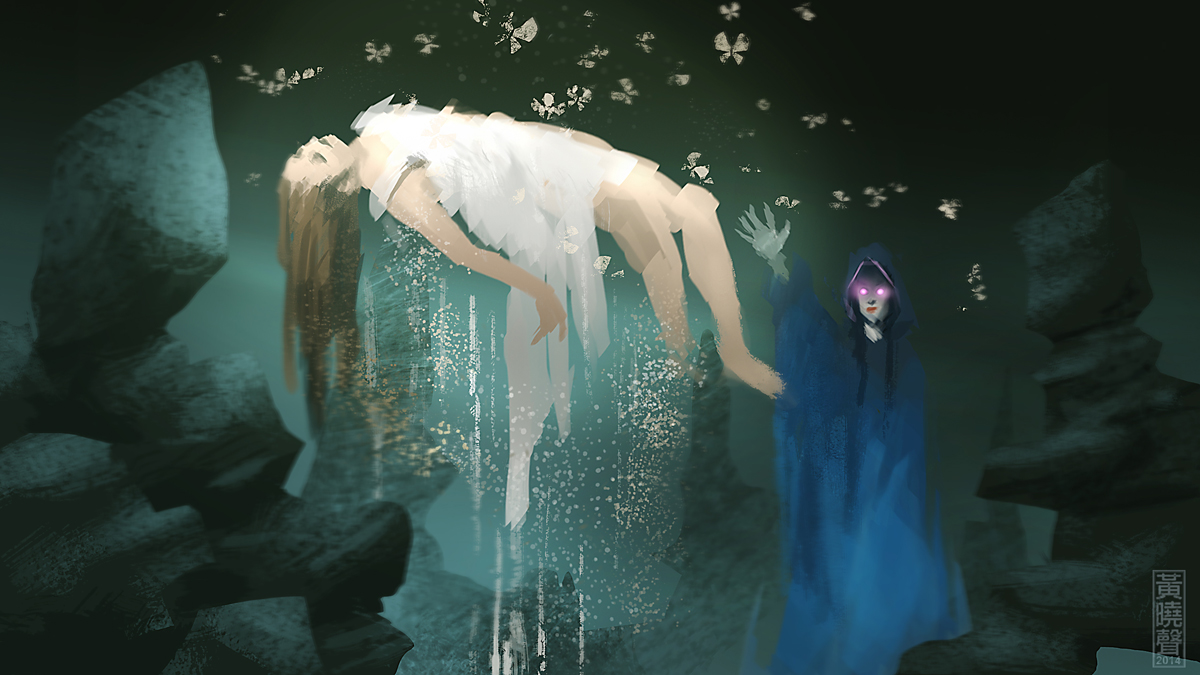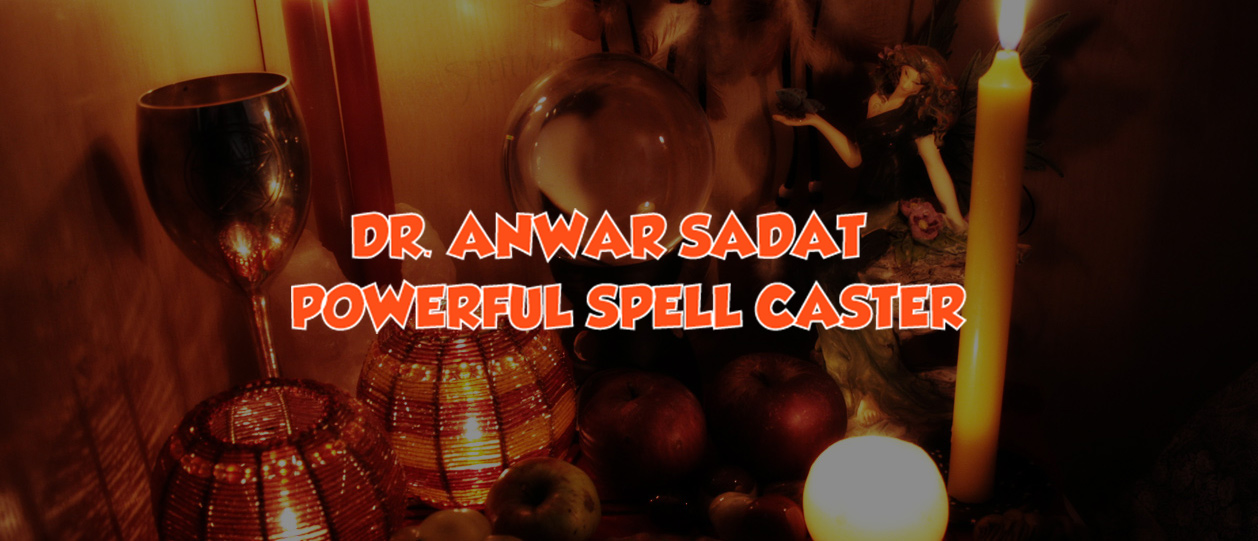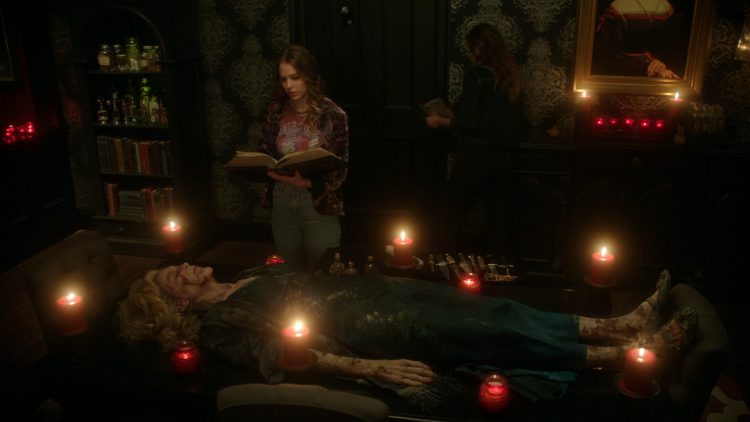Real resurrection spell to bring back a person from the dead

Resurrection Spells: History and Modern Practice
Resurrection spells have captivated the human imagination for millennia, promising the ultimate power over death itself. As you delve into this arcane subject, you’ll discover a rich tapestry of historical accounts, mythological references, and modern interpretations. From ancient Egyptian rituals to contemporary occult practices, the concept of magically restoring life has evolved significantly. This article will guide you through the fascinating history of resurrection spells and examine their place in today’s world. Whether you’re a skeptic, a believer, or simply curious, prepare to explore the enduring allure of these mystical incantations and their impact on various cultures throughout time.
The History of Resurrection Spells
Ancient Origins
Resurrection spells have captivated human imagination for millennia. Ancient Egyptian texts, such as the Book of the Dead, contain some of the earliest known references to magical practices aimed at reviving the deceased. These rituals often involved elaborate ceremonies and invocations to gods like Osiris, the ruler of the underworld.
Medieval and Renaissance Developments
During the Middle Ages, alchemists and occultists sought the secrets of life and death. Figures like Paracelsus claimed to possess knowledge of resurrection, blending mysticism with early scientific inquiry. The Renaissance saw a resurgence of interest in hermetic traditions, with scholars poring over ancient texts in search of long-lost resurrection formulas.
Modern Interpretations
In the 19th and 20th centuries, resurrection spells took on new forms in popular culture. Literature, such as Mary Shelley’s “Frankenstein,” explored the ethical implications of bringing the dead back to life. Today, while scientific advancements in resuscitation and life extension continue, the concept of magical resurrection remains a powerful metaphor in various spiritual and philosophical traditions.
How Resurrection Spells Work
The Essence of Life Force
Resurrection spells operate on the fundamental principle of manipulating life force energy. This ethereal essence, often referred to as “chi” or “prana” in various traditions, is believed to be the animating force that distinguishes living beings from inanimate objects. Practitioners of resurrection magic aim to harness and redirect this energy to reignite the spark of life in a deceased individual.
The Ritual Components
The execution of a resurrection spell typically involves a complex combination of verbal incantations, physical components, and precise timing. Rare ingredients such as phoenix feathers, dragon’s blood, or powdered unicorn horn are often required. These elements are thought to possess inherent magical properties that can bridge the gap between the world of the living and the realm of the dead.
Temporal and Spiritual Constraints
It’s crucial to note that resurrection spells are subject to strict limitations. Most magical traditions assert that the soul can only be recalled within a specific timeframe after death, usually ranging from a few hours to several days. Additionally, the willingness of the departed spirit to return is a critical factor. Some believe that forcing an unwilling soul back into its mortal vessel can have dire consequences for both the resurrected and the caster.
Famous Examples of Resurrection Spells in Mythology
Ancient Egyptian Resurrection Magic
The concept of resurrection spells traces back to ancient civilizations, with Egyptian mythology providing some of the most well-known examples. The Book of the Dead, a collection of funerary texts, contained spells designed to guide the deceased through the afterlife and ultimately resurrect them. One famous spell, the “Spell for Not Dying Again,” was believed to grant eternal life to the departed.
Greek and Roman Mythological Resurrections
In Greco-Roman mythology, several tales feature resurrection magic. The story of Orpheus and Eurydice stands out, where Orpheus attempts to use his musical prowess to bring his wife back from the underworld. Another notable example is the myth of Asclepius, the god of medicine, who was said to possess the ability to raise the dead, a power that ultimately led to his own demise at the hands of Zeus.
Norse Legends of Revival
Norse mythology also contains accounts of resurrection magic. The god Odin was believed to have the power to resurrect the dead, as demonstrated in the tale of Baldr’s death. Additionally, the Valkyries were said to have the ability to restore fallen warriors to life on the battlefield, ensuring their participation in the eternal cycle of combat in Valhalla.
The Ethics and Legality of Modern Resurrection Spells
Ethical Considerations
The practice of resurrection spells raises profound ethical questions. While the desire to bring back loved ones is understandable, it challenges fundamental concepts of life and death. Critics argue that tampering with the natural order could have unforeseen consequences, both for the resurrected individual and society at large. Proponents, however, contend that if such power exists, it would be unethical not to use it to alleviate suffering and grief.
Legal Ambiguities
The legal status of resurrection spells remains murky in most jurisdictions. Few laws explicitly address the practice, leaving it in a gray area. Some countries have begun drafting legislation to regulate or ban resurrection attempts, citing concerns about public safety and social stability. Others argue that existing laws on medical practice and religious freedom may apply, though their interpretation in this context is hotly debated.
Societal Impact
The potential widespread use of resurrection spells could dramatically reshape society. Questions arise about inheritance, marriage status, and legal identity of the resurrected. There are also concerns about overpopulation and resource strain if death becomes less permanent. Ethicists and policymakers grapple with balancing individual desires against broader societal implications, making the ethics and legality of resurrection spells a complex and evolving issue.
Practicing Safe and Responsible Resurrection Magic Today
Understanding the Ethical Implications
Resurrection magic carries profound moral and ethical considerations. Before attempting any spell, practitioners must carefully weigh the potential consequences. Is it truly in the best interest of the deceased to be brought back? How might their return impact loved ones and society? Responsible magicians consult with spiritual advisors and ethicists to navigate these complex issues.
Proper Preparation and Precautions
Resurrection spells demand extensive preparation and safety measures. Practitioners should:
Study ancient texts and modern magical theory thoroughly
Gather rare, high-quality magical components
Prepare a protected ritual space with appropriate wards
Have medical personnel on standby in case of complications
Never attempt resurrection magic alone or without proper training. The risks to both caster and subject are far too great.
Aftercare and Reintegration
Successfully resurrecting an individual is only the first step. Those brought back face immense psychological and social challenges. Responsible magicians work closely with counselors and support groups to help the resurrected adjust. Legal and financial issues must also be addressed, as most societies lack clear protocols for handling the officially deceased. Patience and compassion are essential throughout this delicate process.
Conclusion
As you’ve explored the fascinating history and modern practice of resurrection spells, you’ve gained insight into this controversial magical art. While ancient texts and folklore speak of miraculous revivals, today’s practitioners approach resurrection work with caution and respect for natural cycles. Whether you view these rituals as literal or symbolic, they offer profound reflections on mortality, grief, and the human desire to transcend death. As with all esoteric practices, approach resurrection magic thoughtfully and ethically. Continue your studies, but remember that true “magic” often lies in cherishing life and honoring those who have passed on. The mysteries of death and rebirth will likely captivate humanity for ages to come.













